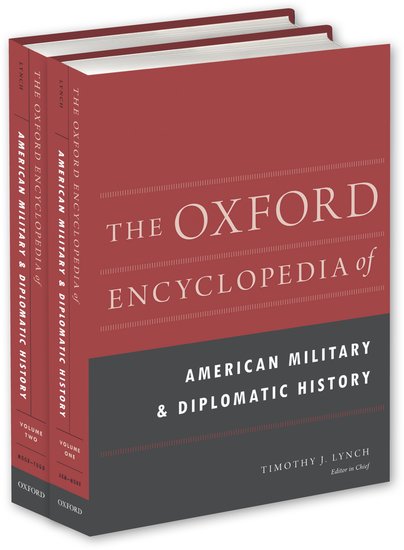Is diplomatic history dying?
By Timothy J. Lynch
Despite lying at the intersection of both history and international relations — two of the most popular disciplines in the contemporary arts academy — diplomatic history is seen as old-fashioned. New, trendier, and leftier approaches have risen. Consider that of the 45 historians at the University of Wisconsin in 2009, 13 (or 29 per cent) specialized in gender, race, and ethnicity; only 1 (or 2 per cent) studied diplomatic history or US foreign policy.





